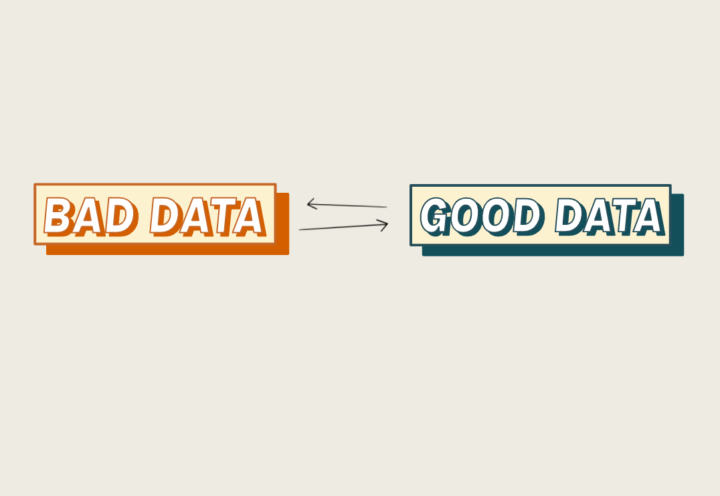SupplyCompass speaks to The Curated, a Scandinavian-based company focusing on timeless, high quality staples. Primarily known for their coats—which are quickly taking over the Instagram world—they focus on sustainable, affordable luxury and minimal elegance for women.
The Curated work together with vertical mills to create luxury staples that are made using leftover fabric remnants from factories. Crucial to their mission is supporting small factories that are challenged by the fast fashion, low cost, high wastage industry. Doing so, they provide honest prices and long term investment pieces.
In Conversation With is SupplyCompass’ latest interview series, highlighting fashion and homeware brands from around the globe who are balancing people, profit and planet, and are leading the way when it comes to responsible business.
What prompted you to start The Curated?
It was a combination of both a love for branding and also the inability to find what I wanted at the right price. I don’t like the idea of compromising quality for price and wanted to do the exact opposite. We believe in real affordable luxury fashion for the hardworking modern woman. We also believe in supporting small factories that are challenged by the fast fashion, low cost, high wastage industry.
That’s why we structure our pricing to make up less than 50% of the product cost. You can read more about our pricing here.
What does sustainability mean to you, and how does this translate to your brand?
Sustainability to me is about longevity and considering the impact on our environment. For us, we want to create slow fashion that will last and is created through a very organic and natural process.

How has living in Scandinavia for the past few years shaped your brand?
I think that Scandinavians can be very modest and humble people and that translates with their minimal style. Women here very much focus on quality and shape with a relaxed and effortless feel which we have applied to our brand.
The Curated works with vertical mills – can you tell us a bit more about this and why you decided to go down this route?
I believe that when you look into the processes of the fashion industry there are a lot of excessively high costs and layers that are not necessary.

How have you seen The Curated community develop over the years?
As a company less than two years old we’ve been faced with many challenges. What started as a pregnancy project has become a full-time business and has brought so much joy to myself and to our customers.
We are less than two years old and just passed 100,000 followers on Instagram. Our community is continually growing and we are so proud of the amazing women who want to join us on this journey. Social media and our store are what make our business exist and operate on a daily business!
In light of the current COVID-19 pandemic, how has your business adapted?
Being small allows us to adapt to the challenges laid ahead, we are conservative about our purchasing and are using this opportunity to really focus on our community and share more of our story.
While the virus has resulted in our factory unable to work at full capacity and, to be honest, we aren’t worried as we know that our community appreciate well-made products and are in line with our views when it comes to treating suppliers fairly and with kindness. We would never want to put any stress on them or force them to compromise on quality.
What advice would you give to brands trying to be more responsible?
I think brands need to consider the balance between dollars and goodwill. The bottom line is a fact, and you have to be willing to face those and question: Am I contributing to sustainability or ignoring it?




